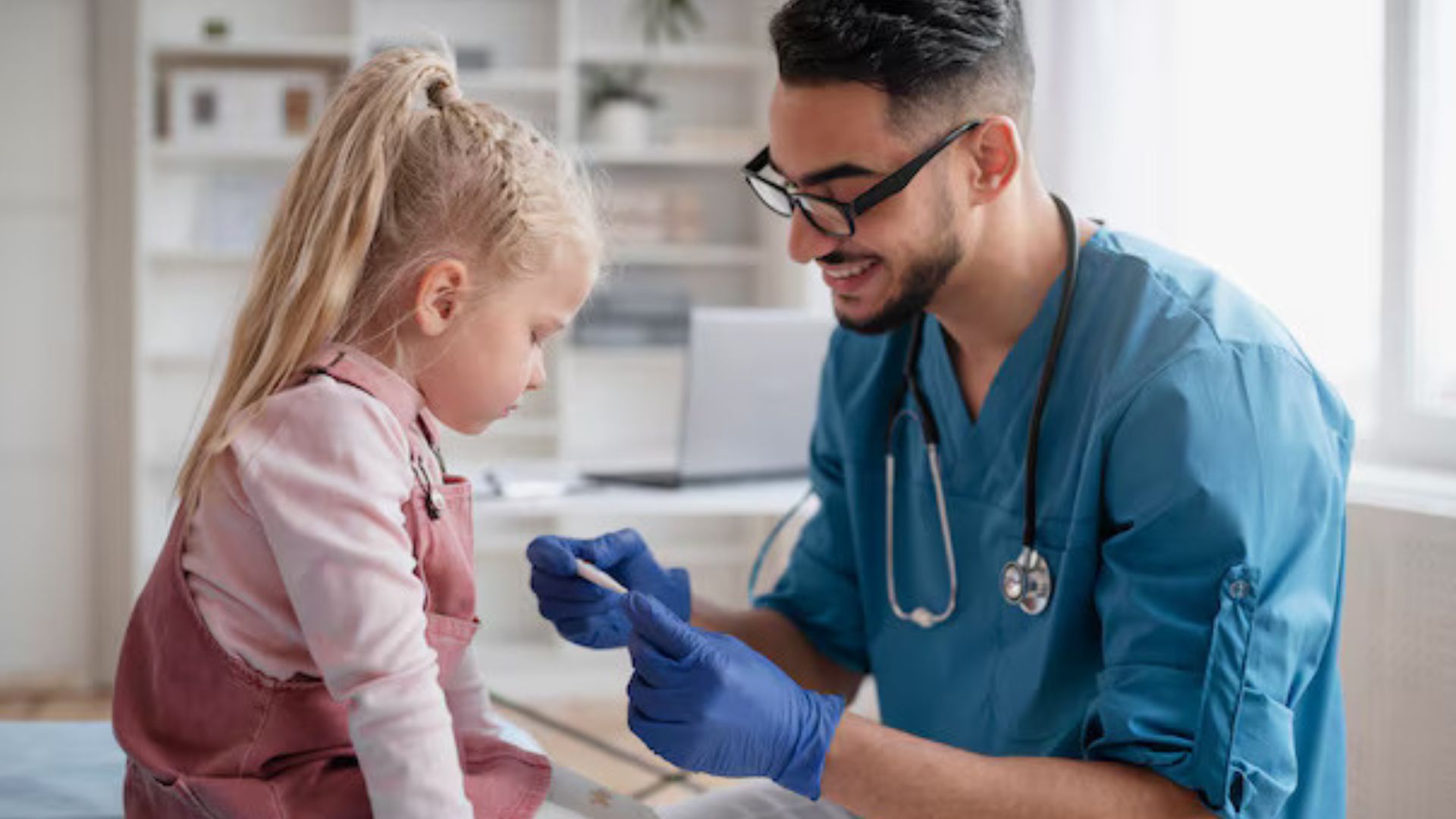

Does a child have to be Registered with a GP?
GP is the first to inform when you are feeling sick or low. A child also needs a GP, especially in their growing years. GPs see many individuals frequently throughout their lives, and they can come to know them very well. They can also refer them to other healthcare professionals when needed.
GPs keep an eye on your child’s growth and development. Your child needs to be registered with a GP to get preventive care, growth monitoring and early identification of health issues. These healthcare experts ensure a child receives necessary vaccinations, monitor their development and provide a consistent point of care for various health concerns.
The Importance of Registering a Child With a GP
Routine healthcare is a need because your child will show different signs of development, and if you are a new parent, you might also need guidance. Registering your child with a GP will not just benefit your child, but also you as a new parent. Here is what you will get:
Access to Routine Healthcare
Registration with a GP ensures that your child will get regular access to essential healthcare services that help support their growth and development. Routine healthcare includes vaccinations, health check-ups, developmental assessments, and screenings that help prevent illness and detect potential issues early.
A child’s physical and emotional development will be monitored throughout the process, and they will keep an eye on the child to see whether he/she is achieving milestones and provide parents with reassurance or early intervention. When sudden symptoms arise, you will have a GP to rely on. Having your child registered means quicker access to medical advice and treatment options.
Timely Expert Intervention
Experts understand and treat the child with care whenever needed. If you feel like your child needs to be examined at a certain point about growth and development, then a GP is the first one to call.
GP is familiar with the child’s medical history and can make informed decisions faster and refer the child to a paediatrician or specialist when needed. Children are more vulnerable to a wide range of illnesses than elders, some of which can become serious if not treated in time. A GP acts as the first point of contact and is trained to recognise early warning signs that may require specialist care.
Early diagnosis and treatment can significantly improve outcomes, especially in conditions like diabetes, infections, or developmental delays.
Comprehensive Care
Comprehensive care includes treating the whole body— physically, emotionally, and developmentally. A GP provides a central point where all aspects of a child’s health can be monitored and addressed over time. From managing everyday illnesses like colds and fevers to supporting children with chronic conditions, a registered GP ensures continuity in treatment and medical history.
An expert can ensure the child is getting the best response and discuss if a child is having issues with school, parenting or healthcare services. They continuously report to parents if the child needs some special intervention or changes in treatment plans. Having a GP means that the child is cared for holistically, not just in moments of illness, but as part of a broader picture of their long-term well-being.
Guidance and Knowledge
Parents and a GP often question each other and engage regularly about the child’s health. Through the process, their parents can get guidance and knowledge about their child’s growth. It ensures that parents are also getting educated about their child’s health and having a basic understanding of growth and development.
Women can get feeding advice for newborns or tips to manage puberty and emotional changes. GPs help parents navigate every stage with confidence. They also educate families on the importance of preventive health, such as the benefits of vaccinations, healthy eating, and physical activity.
When you get concerned about the allergies, developmental delays and behavioural issues, the GP can guide you through because they are well trained in this.
Better Development
Your junior’s physical, emotional, cognitive and social development depends greatly on health and the early detection of any issues. Registering with GP for kids, Chermside enables continuous tracking of developmental milestones, ensuring that any delays or abnormalities are identified and addressed promptly.
Development assessments can become easy with routine checkups, and you can ensure that your child is having the best. Monitoring. Speech, motor skills and emotional behaviours need to be monitored by the experts.
As a parent, you are doing your best as much as you can for your child, but somewhere we all need advice and guidance. The support of an expert helps discuss issues and ensures that the child and parents are enjoying this joyous time of life.



